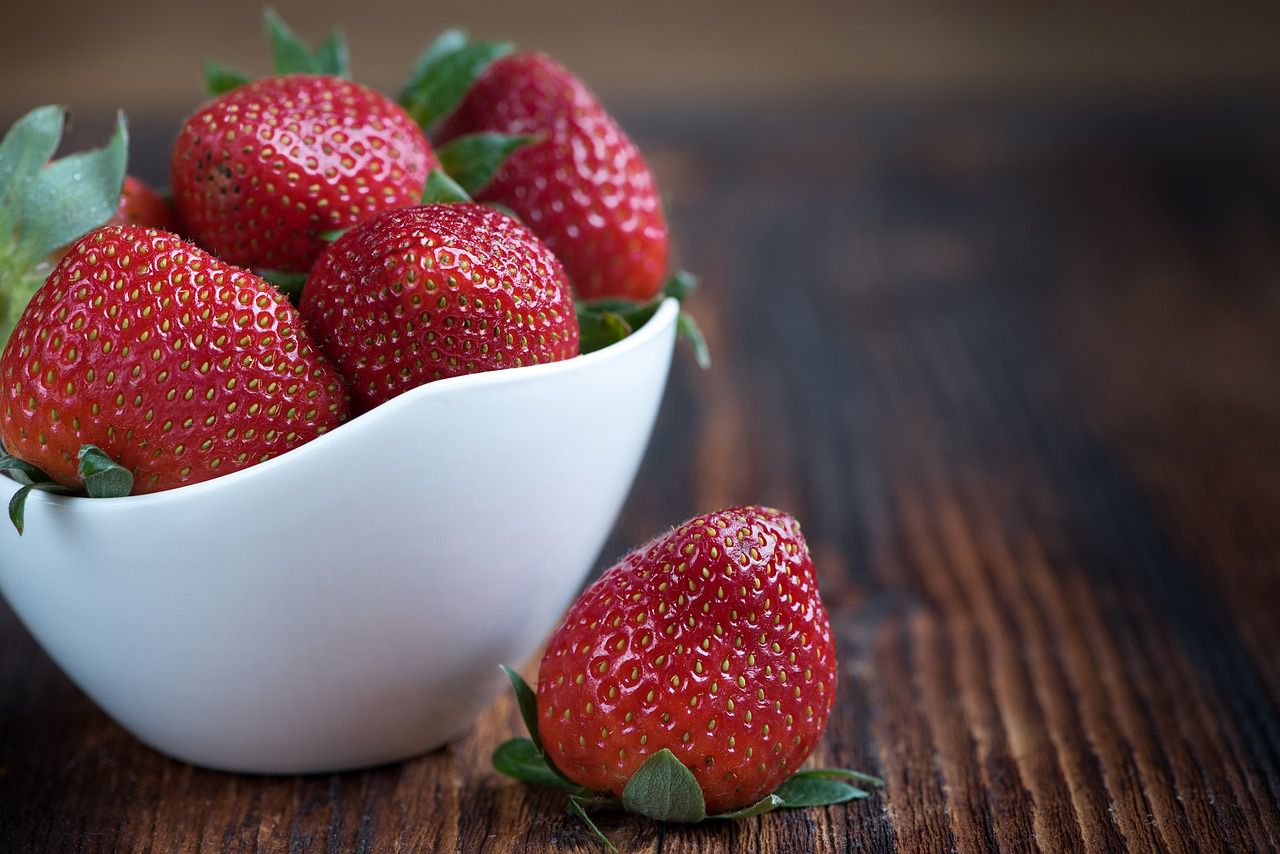How often you should fertilize your strawberries: Gardening tips
While most wild plants can collect all the elements they need from the soil, garden plants usually need fertilizers to thrive.
Strawberries in your garden need to be fertilized - it allows them to grow better.
Here are some tips that can help you receive the best harvest.
Start with soil testing
Before determining the frequency of fertilization, it's beneficial to test the soil to assess its nutrient levels.
Pre-planting fertilization
Prior to planting strawberries, it's recommended to incorporate organic matter, such as compost or well-rotted manure, into the soil.

Initial feeding after planting
After planting the strawberry plants, a light application of a balanced fertilizer can be beneficial.
This can be done once or twice during the first month to support early root and foliage development.
Regular feeding during the growing season
Once the plants are established, regular fertilization throughout the growing season is important to support healthy growth, flowering, and fruit production.
Adjust based on plant needs
Pay attention to the appearance of the strawberry plants.
If they exhibit signs of nutrient deficiencies, such as yellowing leaves or stunted growth, additional fertilization may be necessary.
Avoid excessive fertilization
While strawberries benefit from regular feeding, it's important to avoid excessive fertilization, as it can lead to imbalances, nutrient leaching, or burn the plants.

